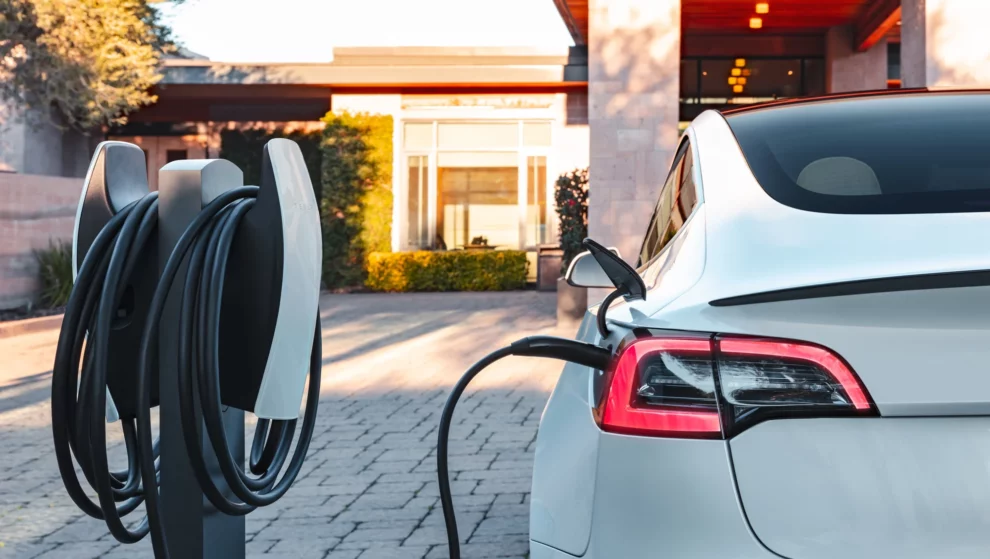Electric vehicles (EVs) are becoming increasingly popular, offering a cleaner and more efficient alternative to traditional gasoline-powered cars. However, to fully enjoy the benefits of owning an EV, it’s essential to have a reliable home charging setup. This guide will walk you through everything you need to know to set up an efficient and convenient EV charging station at home.
Understanding the Basics of EV Charging
Before diving into the specifics of home charging, it’s important to understand the different levels of EV charging:
- Level 1 Charging: This is the slowest charging option, using a standard household outlet (110V). It’s suitable for overnight charging but can take up to 20 hours to fully charge an EV battery.
- Level 2 Charging: This is a faster option, requiring a 240V outlet and a dedicated charging station. Level 2 chargers can fully charge an EV battery in 4 to 8 hours, making them ideal for daily use.
- DC Fast Charging: This is the fastest charging option, typically found at public charging stations. It can charge an EV battery to 80% in about 30 minutes but requires specialized equipment and is not typically used for home charging.
Choosing the Right Charger
When selecting a home charging station, consider the following factors:
- Charging Speed: Determine how quickly you need to charge your EV. If you have a long daily commute, a Level 2 charger might be the best option.
- Compatibility: Ensure the charger is compatible with your EV model. Most manufacturers provide a list of recommended chargers.
- Features: Look for chargers with features like Wi-Fi connectivity, remote monitoring, and scheduling capabilities to make charging more convenient.

Installation Process
Installing a home charging station involves several steps:
- Assessment: Have a certified electrician assess your home’s electrical system to determine if it can support a Level 2 charger. This may involve upgrading your electrical panel or adding a dedicated circuit.
- Permits: Check with your local authorities to see if you need permits for the installation. This can vary depending on your location.
- Installation: Hire a licensed electrician to install the charging station. They will ensure the installation meets safety standards and local regulations.
- Testing: Once installed, test the charger to ensure it’s working correctly and safely.
Cost Considerations
The cost of setting up a home charging station can vary:
- Charger Cost: Level 2 chargers typically range from $350 to $750.
- Installation Cost: Professional installation can cost between $800 and $2,000, depending on factors like the distance from the electrical panel and the complexity of the job.
- Permits: Permit fees can add to the overall cost, so be sure to factor them in.
Maintenance and Safety
Regular maintenance is crucial to ensure your charging station remains in good working condition:
- Inspection: Have the charging station inspected annually by a professional to check for any wear and tear.
- Cleaning: Keep the charging port and cable clean to prevent dirt and debris from causing damage.
- Safety: Always follow the manufacturer’s safety guidelines and never leave the charger unattended while in use.
Benefits of Home Charging
Home charging offers several advantages over public charging stations:
- Convenience: Charge your EV overnight or during off-peak hours, ensuring it’s ready to go when you need it.
- Cost Savings: Charging at home is often cheaper than using public charging stations, especially if you take advantage of off-peak electricity rates.
- Environmental Impact: Reducing reliance on public charging stations can help lower your carbon footprint.
Setting up a home charging station for your EV is a smart investment that offers convenience, cost savings, and environmental benefits. By understanding the basics of EV charging, choosing the right charger, and ensuring proper installation and maintenance, you can enjoy the full potential of your electric vehicle. Embrace the future of transportation and make your EV ownership experience seamless and efficient.
















Add Comment